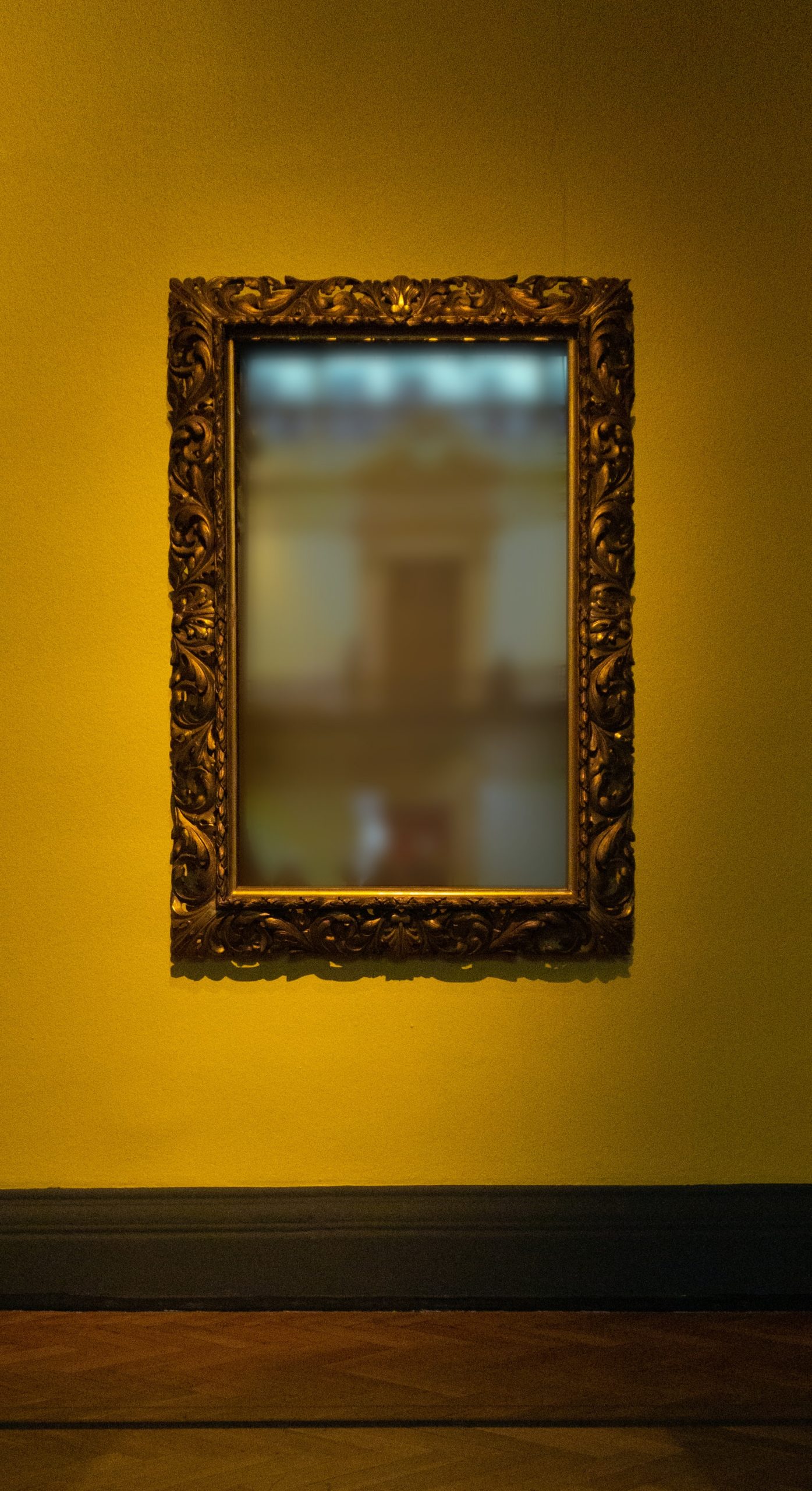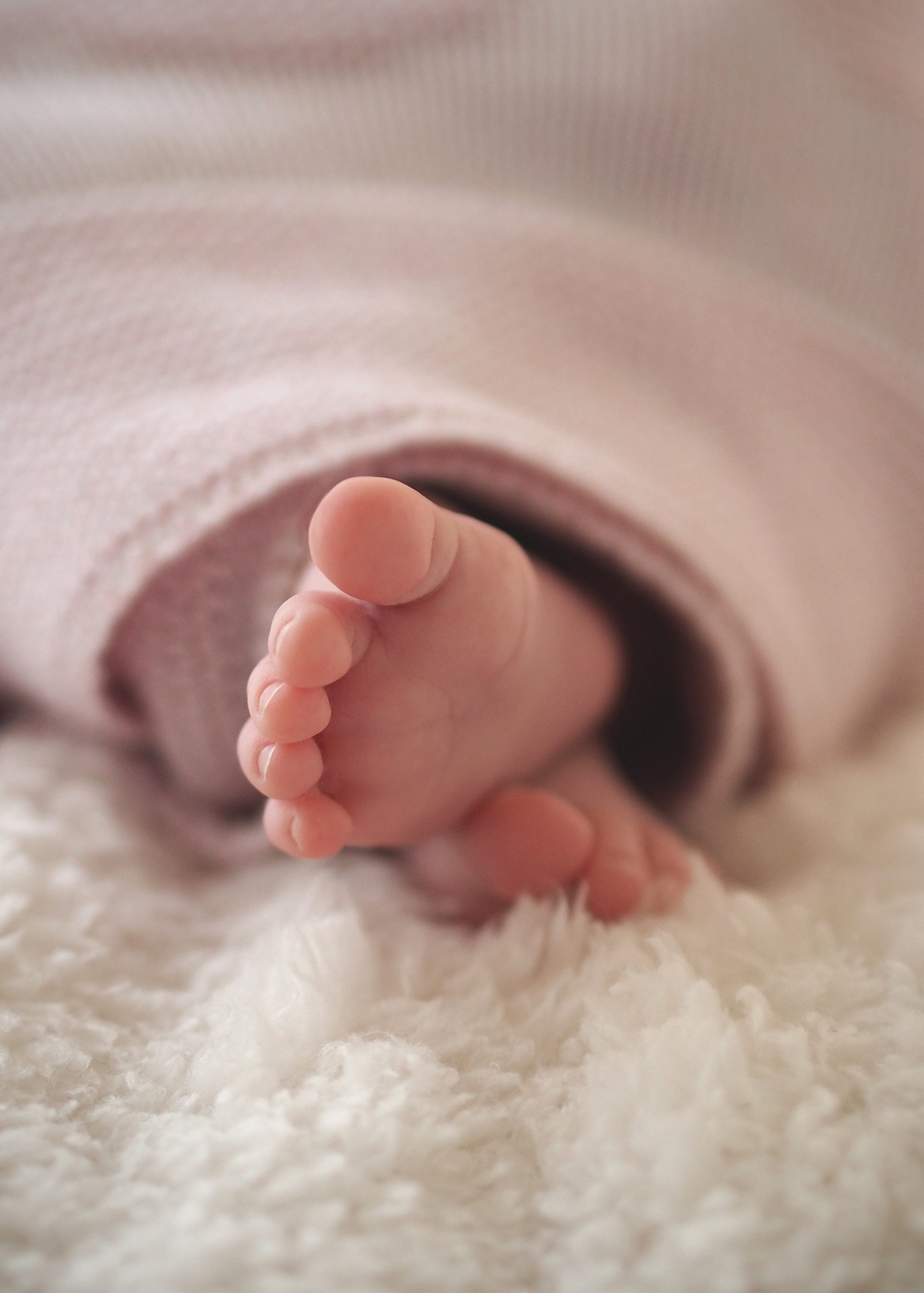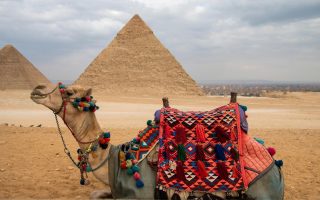Lady Hafsah bint Umar bin Khattab (RA) was from the tribe of Quraysh. Her mother was Zainab bint Maz’un (RA). Her brother was Abdullah bin Umar, and her uncles were Zaid bin Khattab and Uthman bin Maz’un. She was born five years before Prophethood and was first married to a young man, Khunays bin Hudhaafah (RA).
She migrated together with her husband first to Abyssinia and then to Madinah. He died after the battle of Badr and she became a widow at 21. This was around the time that Uthman bin Affan (RA) became a widower as well, as his wife, Ruqayyah (RA), daughter of the Prophet (SAW) had recently passed away. So, her father Umar (RA) approached Uthman (RA), seeking to pair him with, Hafsah (RA). But Uthman (RA) politely declined, saying that he wasn’t looking to marry at that time. Umar (RA) then approached Abu Bakr (RA) as well regarding Hafsah (RA) but he remained silent, neither accepting nor refusing. Eventually, Umar’s (RA) frustration made him confide with the Prophet (PBUH) about his predicament. And to that, the Prophet consoled him and told him that someone better than Uthman (RA) would marry Hafsah (RA), and someone better than Hafsah (RA) would marry Uthman (RA). (Bukhari).
The Prophet’s (PBUH) prediction proved indeed true. Uthman (RA) eventually married another daughter of the Prophet (PBUH), Umm Kulthum (RA), and the Prophet (PBUH) proposed to marry Hafsah (RA). Her father was overjoyed at the fortune that had come to his household, and he expressed his delight by reciting a part of verse 40 of Surah Naml: “This is by the Grace of my Lord! – to test me whether I am grateful or ungrateful! And if any is grateful, truly his gratitude is (a gain) for his own soul; but if any is ungrateful, truly my Lord is Free of all Needs, Supreme in Honour.”
Her marriage to the Prophet (PBUH) took place in Sha’aban on the third year of the Hijra (and not after Uhud as commonly thought) at the age of 21 or 22 till his death when she was 27. She loved the Prophet (PBUH) dearly. After her marriage to the Prophet (PBUH), she had an inquisitive nature, often immersed herself in studying the deen, and would engage him and ask him questions about the deen. On one such incident, during Hajj, she asked the Prophet (PBUH) why he was still in Ihram, while he had instructed the sahabah to take off their Ihram. Then the Prophet (PBUH) replied that he couldn’t remove his Ihram until his sacrificial animals were slaughtered. And from this incident, the fatwa was obtained, about a type of Hajj (Qiran) where the one doing Hajj couldn’t remove the Ihram, until the animals were sacrificed, as opposed to another type of Hajj called Tamattu’.
On another occasion, the Prophet (PBUH) mentioned to her that he hoped that no one from Badr or Hudaybiyah would enter the fire. She asked how it was possible that they would go to hell and then quoted a verse from surah Maryam, verse 19, “There is not one of you but will pass over hell.” The prophet then replied with the next verse, “we will then save the people of taqwa and leave the wrongdoers there.” (Sunan Ibn Majah)
The Prophet (PBUH) had other wives, and she was particularly good friends with her co-wife Aisha bint Abu Bakr (RA). On one occasion, the two of them were fasting, and they had not eaten a full meal for many days. Someone gifted them some food and they ate it immediately, not having enough patience to wait till iftar time. After eating, they both felt guilty for breaking their fasts before due time. When the Prophet (PBUH) came back, Aisha (RA) narrates that it was Hafsah (RA) who told the him what they have done, seeking a fatwa for their case. The Prophet (PBUH) simply told them to make it up some other time.
A famous incident occurred involving two of the wives of the prophet, and Allah revealed the opening verses of Surah Tahrim as a result. It is disputed which of the wives of the prophet the verses refer to, or what exactly happened, but the most popular opinion is that the prophet confided a secret in one of his wives, asked her not to disclose it, but then she told another of the wife, anyway. Some say it is the issue of Maria the Coptic (Tabaqaat Ibn Sa’d) and some say it is the Incident of the Honey (Bukhari and Muslim). Some say it was Hafsah (RA) who disclosed the secret to Aisha (RA), and others say it was indeed Aisha (RA) who disclosed the secret to Hafsah (RA).
It is authentically narrated from Umar and Ibn Umar (RAA) that the Prophet (PBUH) indeed divorced Hafsah (RA) once because of this incident, for going against him and telling the other wife. However, he was commanded by Allah to take her back.
The Prophet (PBUH) said, “Jibril told me, ‘Take back Hafsah, because she is Sawwaamah, and Qawwaamah (she fasts frequently and stands in prayer at night) and she will be your wife in Jannah.” (Abu Dawud and an-Nasai). She later remarked that the Prophet (PBUH) didn’t divorce her because he didn’t want her anymore. This reflects that the Prophet probably deduced that the coming of verses addressing the incident were an indication that she was being chastised by Allah and as such wasn’t fit to be his wife anymore.
Lady Hafsah bint Umar (RA) was a brilliant lady who was devoted to God. She fasted and prayed regularly, and spent her time reading and writing. An excellent orator and reciter of the Qur’an, she embodied such virtuousness that Aisha (RA) once remarked that only she could compare to her among the mothers of the believers. Also, a number of hadiths were narrated from her, and some rulings of fiqh were derived on her account.
After the death of the Prophet, she took to reading and writing in her house. During the compilation of the Quran in the caliphate of Abu Bakr (RA), she was the one entrusted with the first complete Mushaf of the Quran. Years later when Uthman (RA) wanted to make extra copies and standardize the Mushaf, he borrowed it from her and returned it afterwards. She was fasting the day she died, in the year 45 after hijrah, aged 59 or 60 during the rule of Muawiyah bin Abi Sufyan (RA).
She rests in al-Baqi cemetery in Madinah. May Allah be pleased with Lady Hafsah bint Umar bin Khattab (RA), have mercy on her and exalt her ranks.




